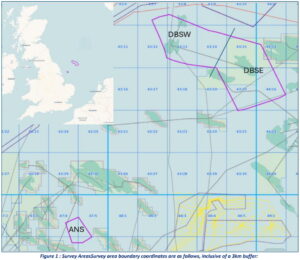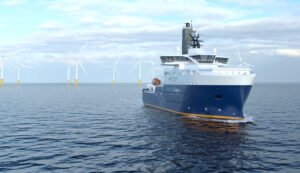New England Offshore Wind Receives Mass Support
Researchers at the University of Massachusetts Amherst (UMass Amherst) have conducted a study showing that the large majority of the participants support offshore wind off the New England coast.
The research was divided into two studies, where the first included an online survey of 89 New England residents and the second included visitors and residents around the 30MW Block Island offshore wind farm.
In the first part of the study, 83 participants, representing 93%, said they support offshore wind off the coast of New England, with 6 participants saying they are against offshore wind. On the other hand, both groups significantly underestimated the level of support for offshore wind in New England. On average, participants estimated that roughly 53.8% of other New Englanders support offshore wind.
The second part of the study was conducted in the summer of 2016 during the construction of the Block Island offshore wind farm, but before the turbines were operational. It included 429 respondents, with 76% of them being visitors.
The results have demonstrated a high support for the wind project, since 72% of island visitors, 71.4% of residents, 82.9% of seasonal residents and 75.7% of Rhode Island residents supported it. However, respondents estimated that just 52% percent of Block Islanders and 61.8% of visitors would support it, a major gap between perceptions and actual levels of support.
Both studies provide evidence that members of the public inaccurately underestimate levels of support for offshore wind projects. Evidence of partial pluralistic ignorance is apparent among supporters: individuals supportive of the technology overestimated opposition to offshore wind, though as a group they did not perceive majority opposition. According to the researchers, among those few who are opposed to offshore wind projects, evidence of a false consensus effect was present. Opponents in both studies not only overestimated levels of opposition, they perceived that they held the majority opinion, the researchers said.
Ezra Markowitz, assistant professor in environmental conservation at UMass Amherst, said: “This severe underestimate of public support for this technology may be one factor that holds back wider adoption and implementation of projects in the United States. Our results highlight the importance of considering not only peoples’ own beliefs about new renewable energy technologies, but also their beliefs about others’ opinions.”








